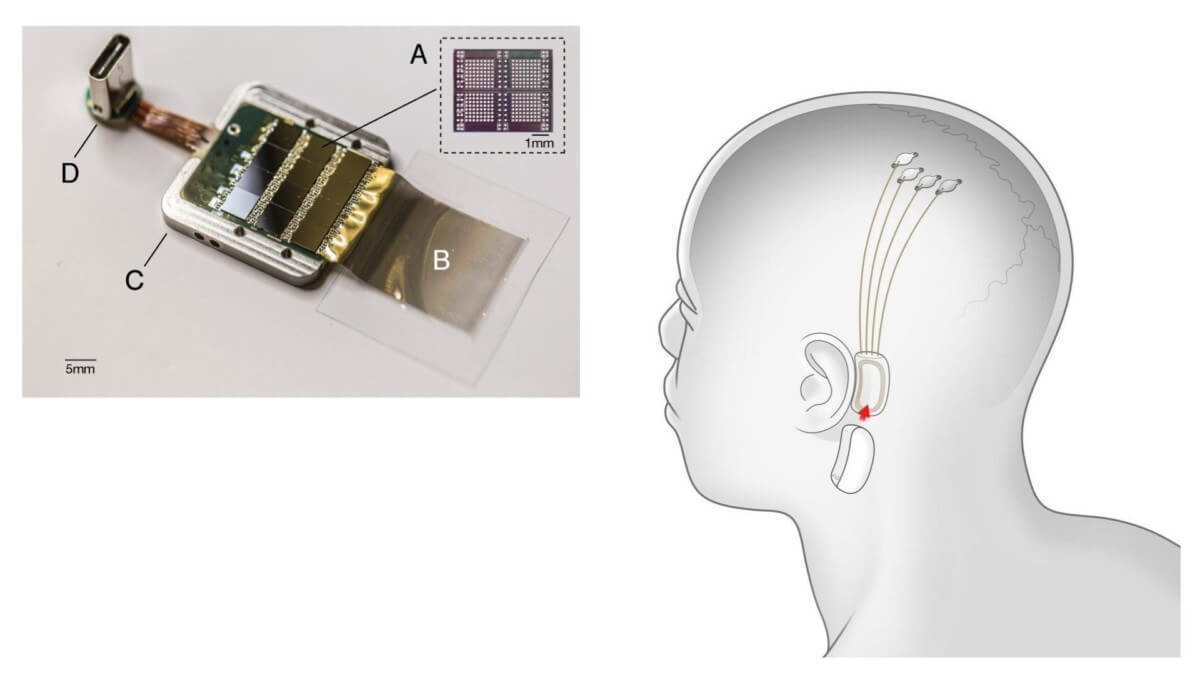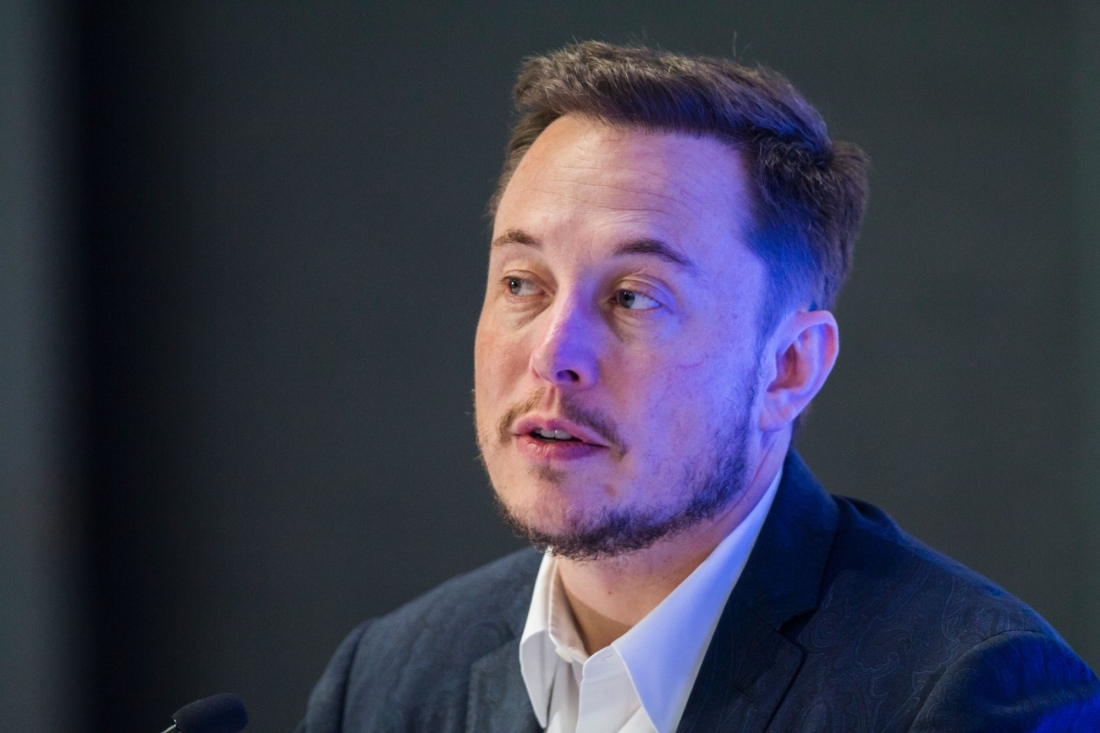Forward-looking: Have you even listened to music and thought: "These headphones are good, but I wish the tunes could be streamed directly into my brain?" Probably not, but if Elon Musk's Neuralink tech works as planned, that futuristic and mildly terrifying scenario could become a reality.
It's been a while since we last heard about Neuralink, the company Elon Musk founded in 2016 to develop "ultra-high bandwidth brain-machine interfaces." The startup has developed flexible threads, thinner than a human hair, which can be injected into the brain to detect neuron activity. It even built a robot that uses a 24-micron needle to embed them automatically.
Neuralink also developed a custom sensor that can be implanted into the body to amplify and read the signals and send them to a receiver. The data can only be transmitted via a wired connection right now, but the aim is to make it work wirelessly.

Neuralink has been quiet since last year when it announced plans to implant mind-reading sensors in human brains sometime in 2020. Earlier this week, Musk tweeted that an official update on the company's progress will arrive on August 28.
Musk has been releasing details about his startup on Twitter in the runup to that date. Responding to a tweet from computer scientist Austin Howard, the Tesla CEO confirmed that Neuralink's tech would allow people to "listen to music directly from our chips."
Yes
--- Elon Musk (@elonmusk) July 19, 2020
In addition to putting Spotify/Apple Music into our heads, Musk claims his company's chips will be able to cure addiction and depression by retraining the part of the brain responsible for causing them. Users with limited mobility could also use it to construct text messages and emails just by thinking about the words.
While Neuralink makes some exciting promises when it comes to treating neurological conditions and brain/spinal injuries, Musk says a brain-to-machine interface's best use will be against the threat of AI, helping prevent people from becoming "house cats" to artificial intelligence.
